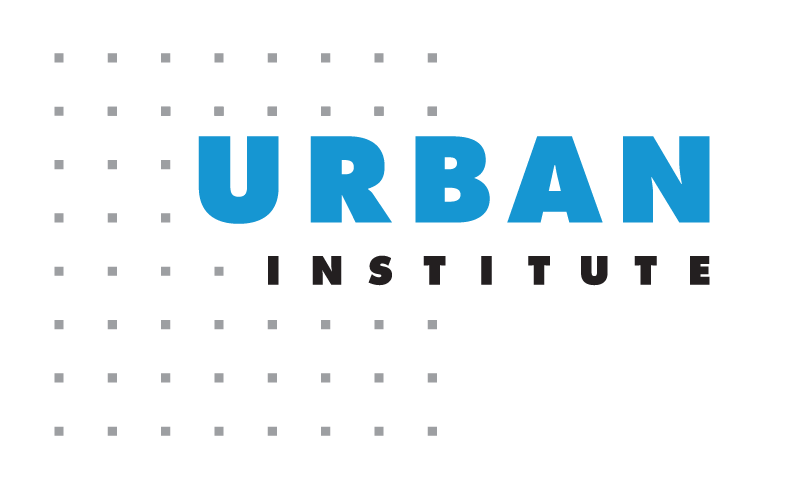Installing Python
Contents
Installing Python#
We recommend installing Python directly from the official website at python.org. Reach out to helpdesk@urban.org for the administrative permissions needed to do this.
If you are setting up a new computer to use Python at Urban, we recommend asking Helpdesk to install up the following at the same time:
Python
Visual Studio Code
Quarto Command Line Interface (if you plan to use Quarto; install from here)
When installing Python, make sure to check the box that says “Add Python to PATH”. This will allow you to run Python from the command line.
To confirm Python and pip (a package management tool) are both installed correctly, open a command prompt or terminal and run the following in the command line:
python --version and pip --version.
Note: We do NOT recommend using Anaconda due to its terms of service. Please refer to Anaconda’s official guidance if you have specific questions about acceptable use cases.
Choosing a Code Editor#
There are a number of different code editors or integrated development environments (IDEs) for Python. We recommend using Visual Studio Code (or VS Code), which can be installed from the official website. VS Code can be used for standard .py files, as well as for Quarto and IPython notebooks (.qmd and .ipynb files).
VSCode includes support for debugging, syntax highlighting, code completion, and more. It also offers thousands of extensions (including Python-specific extensions, a Quarto extension, and an AWS extension).
Installing Packages#
We recommend using the package management tool pip that comes with Base Python. To install a package, you can run pip install package-name from the command line.
Note that this must be done from the command line and not the Python session (in contrast to package management in R).
If you are working on a computer that already has Anaconda installed, you can still use conda-forge (the open-source alternative to conda) to install packages. To do this, you can run:
conda config --add channels conda-forgeconda install package-name
Running Code Interactively#
To run Python code in Quarto notebooks or IPython notebooks (.ipynb files), we recommend installing the ipykernel package. You can do this by running pip install ipykernel from the command line.)
We also recommend installing the following from the Extensions section of VS Code:
Python
Jupyter
Quarto
R (if you plan on running R code alongside Python code in your Quarto notebooks)
Using Virtual Environments#
To avoid running into version issues between multiple projects that rely on different Python versions or different versions of packages, you might want to try using virtual environments. A virtual environment is a way to create an isolated space so you can, for example, run Python 2.7 for one project and Python 3.7 for another on the same computer.
We recommend using the venv package, which can be installed by running pip install venv on the command line. venv includes robust support for creating and managing different environments. For more detail, see this guide on using virtual environments at Urban or the official venv documentation.
